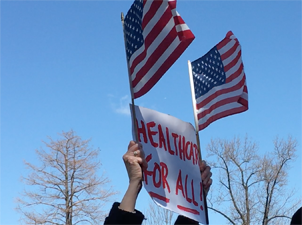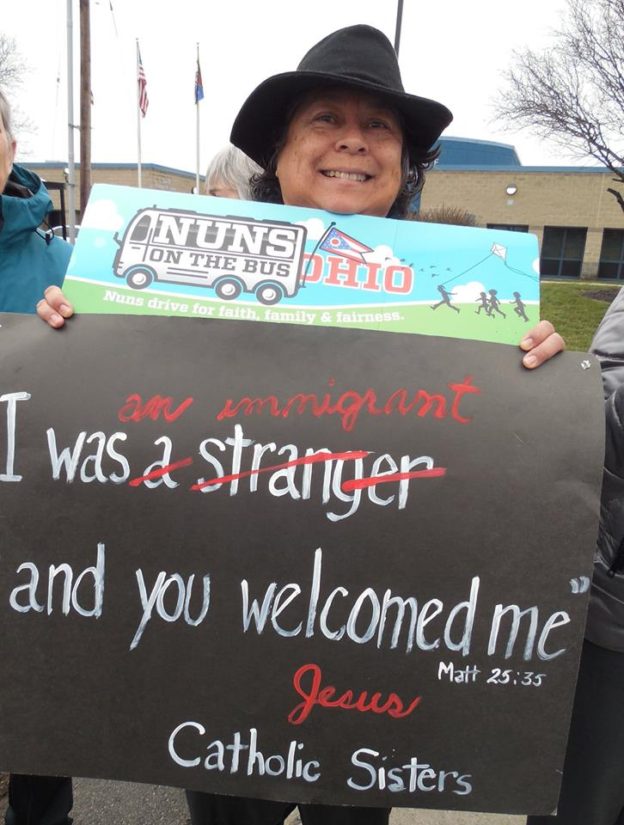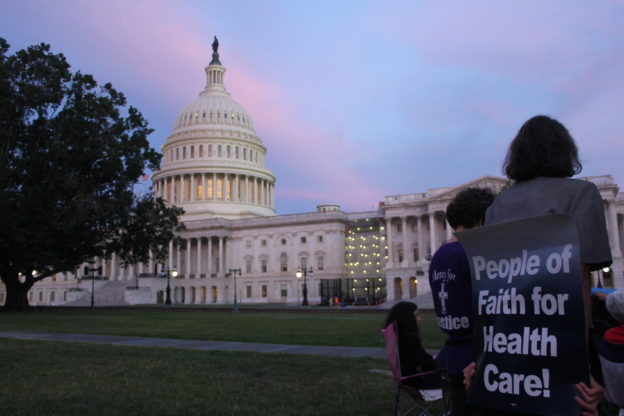
Attempts to Sabotage the ACA Continue
Kaitlin Brown
July 27, 2018
This month has been particularly rough for the Affordable Care Act (ACA). In two acts of sabotage, the Centers for Medicare and Medicaid Services (CMS) announced policy decisions that will undermine access to health care for millions of people. (You can see our coverage of previous ACA sabotage from the Trump administration this year here).
First, the administration and the Centers for Medicare and Medicaid Services sent out a notice that funding for the navigator program would be cut to $10 million for the 2018-2019 enrollment period. Navigators work on the ground to help people navigate the online Insurance Marketplace and choose a plan that is right for them. Most navigators work for non-profit companies, and are present in congregations, public libraries, and other spaces to meet the needs of their community. Navigators also provide internet access to low-income and elderly people who might not have access to a computer find affordable health insurance. In 2016, the program was funded at $62 million, and only $36 million last year.
CMS also announced that it would be ending the risk adjustment program for insurance companies on the marketplace after a narrow ruling in New Mexico. The risk adjustment program is one of the main ways people with pre-existing and complex medical conditions can gain access to healthcare. The program uses premium money from healthy people in the individual market to pay for sicker people. It doesn’t cost anything, and is one of the main ways insurance works. Without this, however, costs could skyrocket for people with pre-existing conditions. This comes as rates and markets are being set for 2019, and without the ability to spread around risk between healthy and sick patients, premium rates could increase dramatically.
However, this decision was based on one case in New Mexico, where the judge ruled that the program in the state could not continue. Previous to this, a judge in Massachusetts had found the rule legal. However, CMS decided that the New Mexico ruling applied to all twenty-three states that have their own individual marketplace programs. Additionally, the Centers for Medicare and Medicaid Services could have done a few things, including starting the appeals process or asking if the court meant for the ruling to apply to markets outside of New Mexico, that they chose not to do.
The reduction in funding for the popular navigator program, combined with the ending of the risk adjustment program, are two more acts of sabotage against the Affordable Care Act. We are seeing time and again that what the administration cannot do through the legislative process, they are doing through the administrative one.














